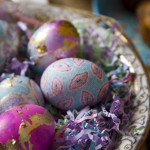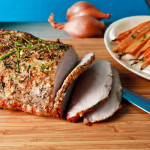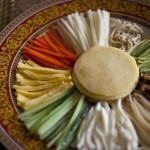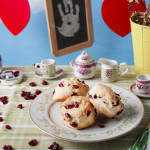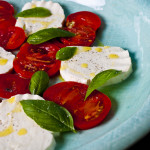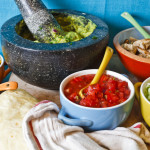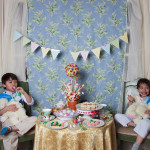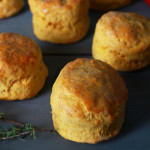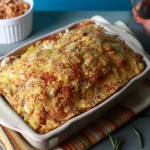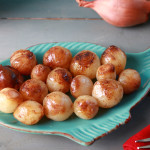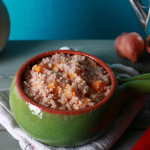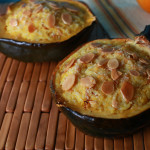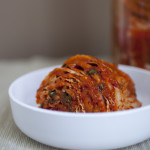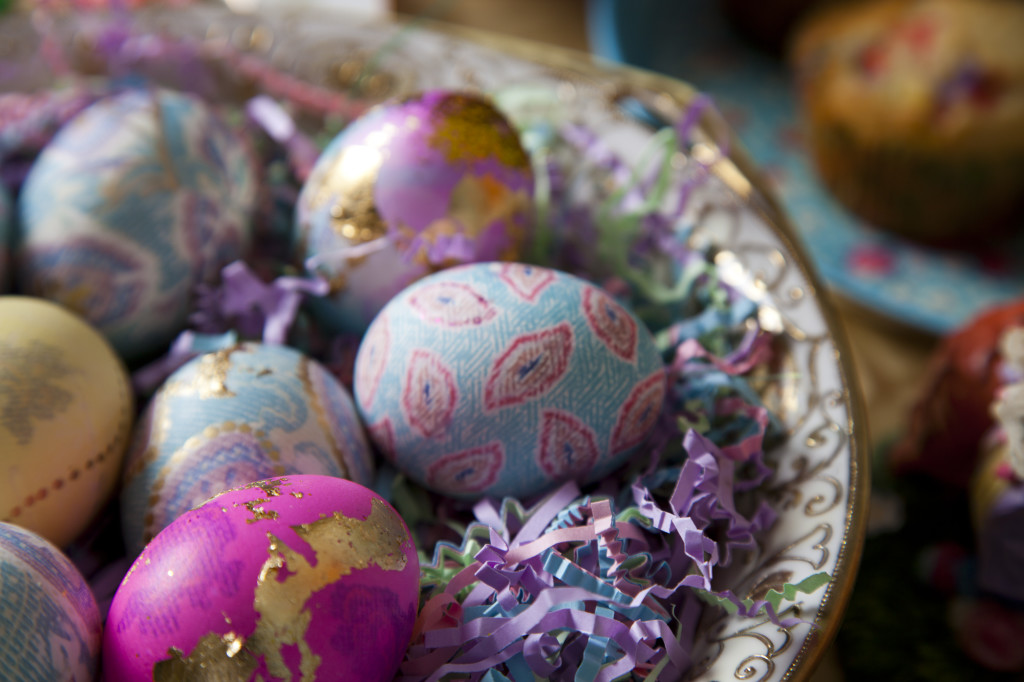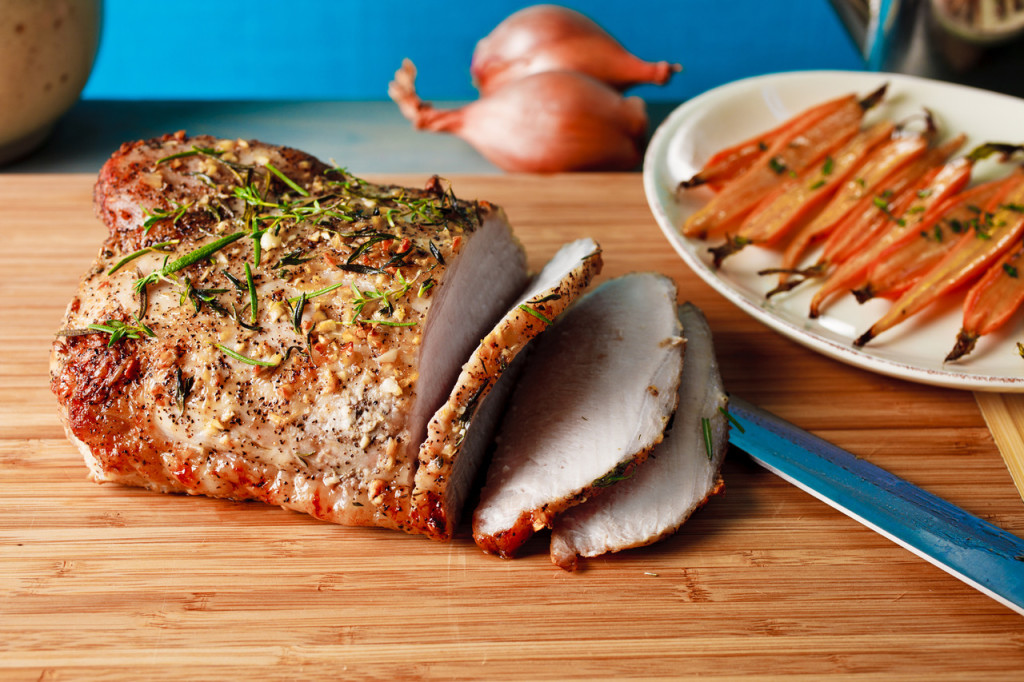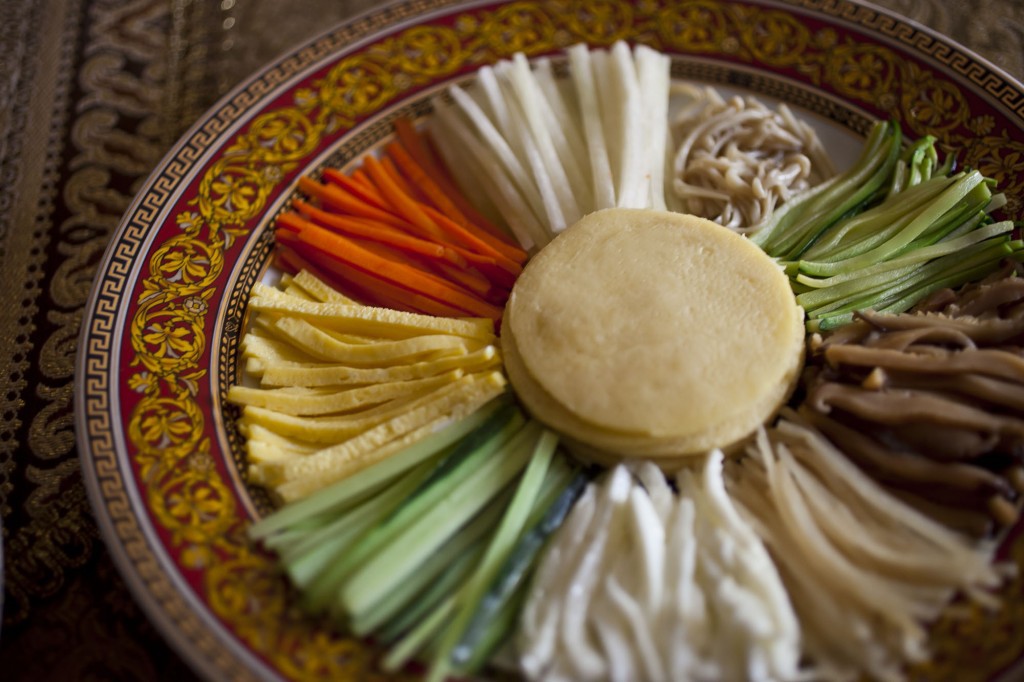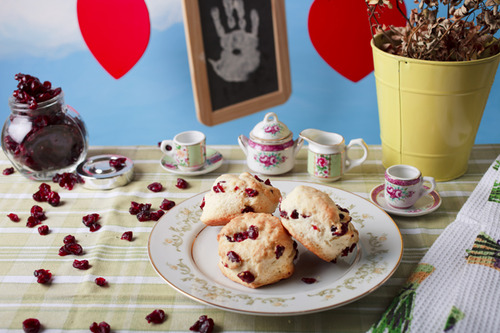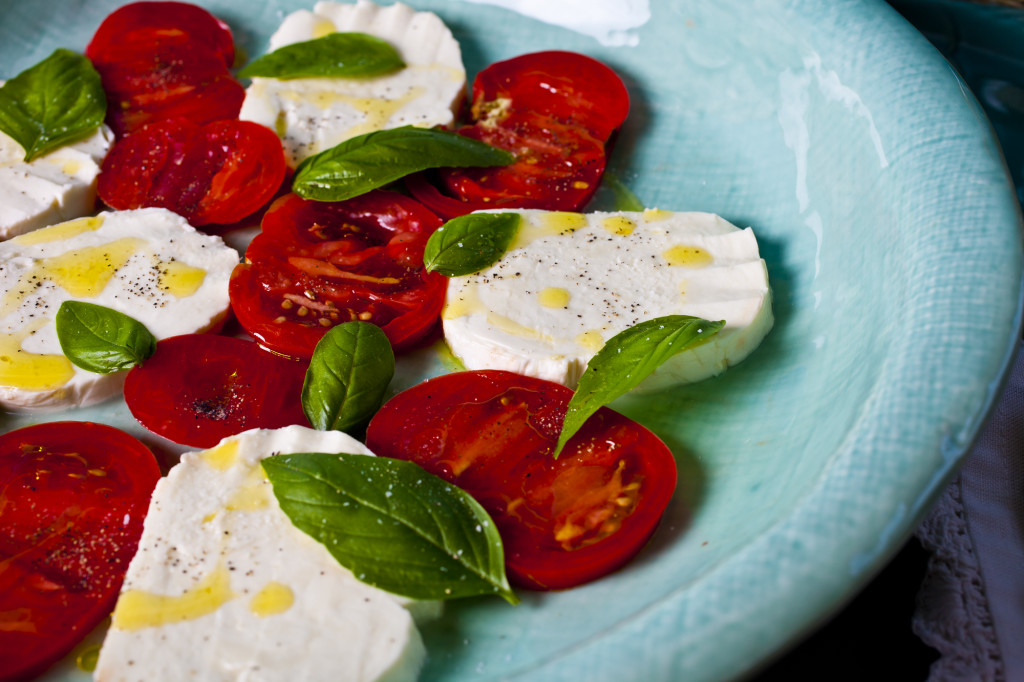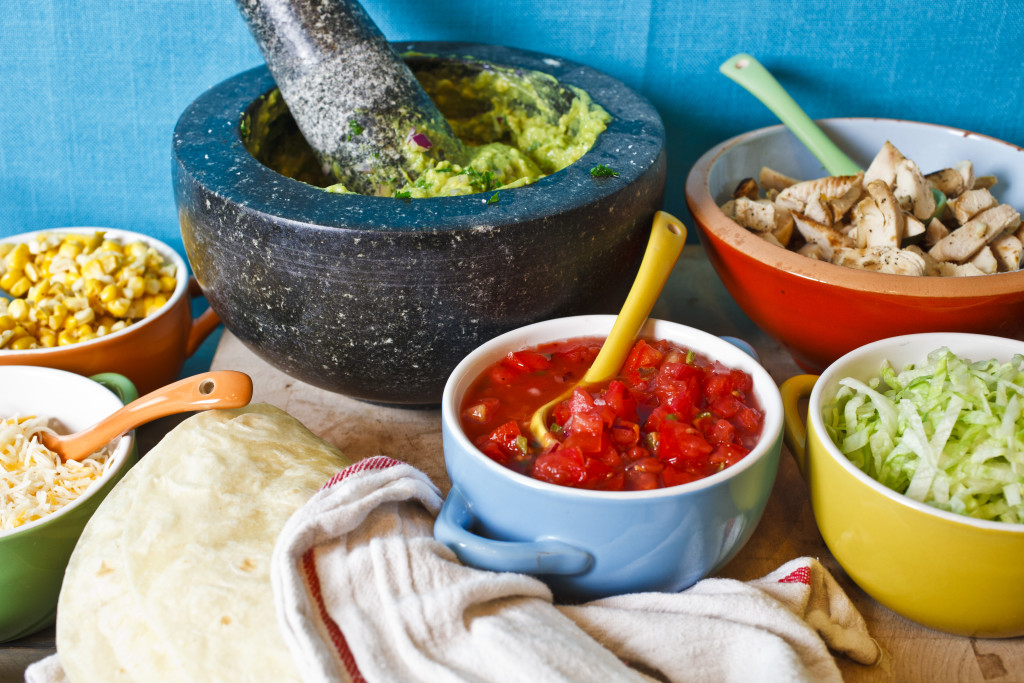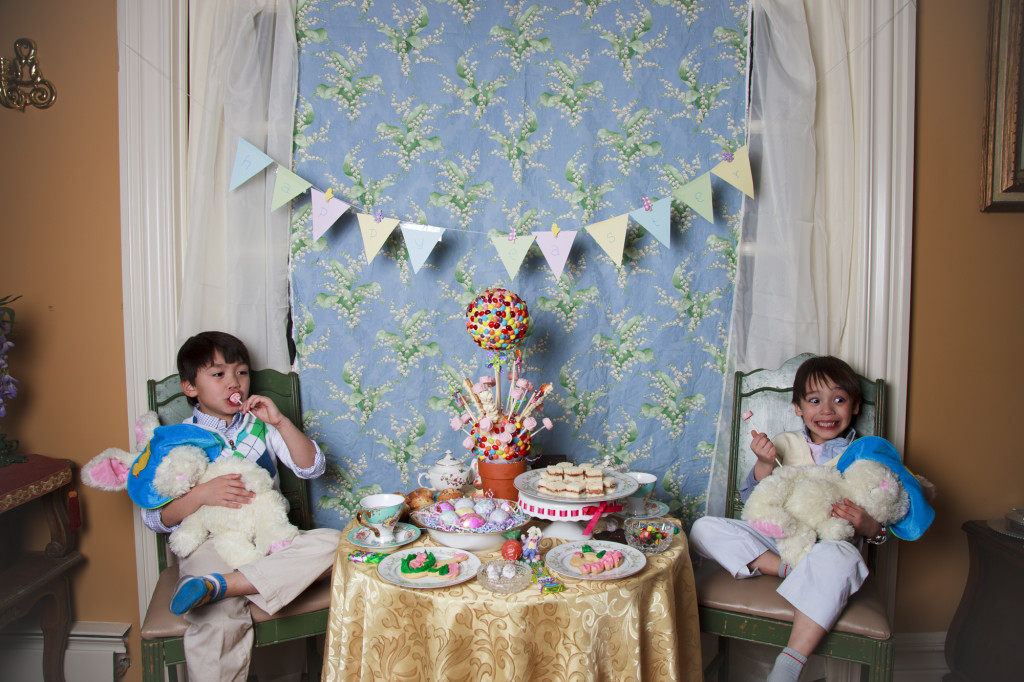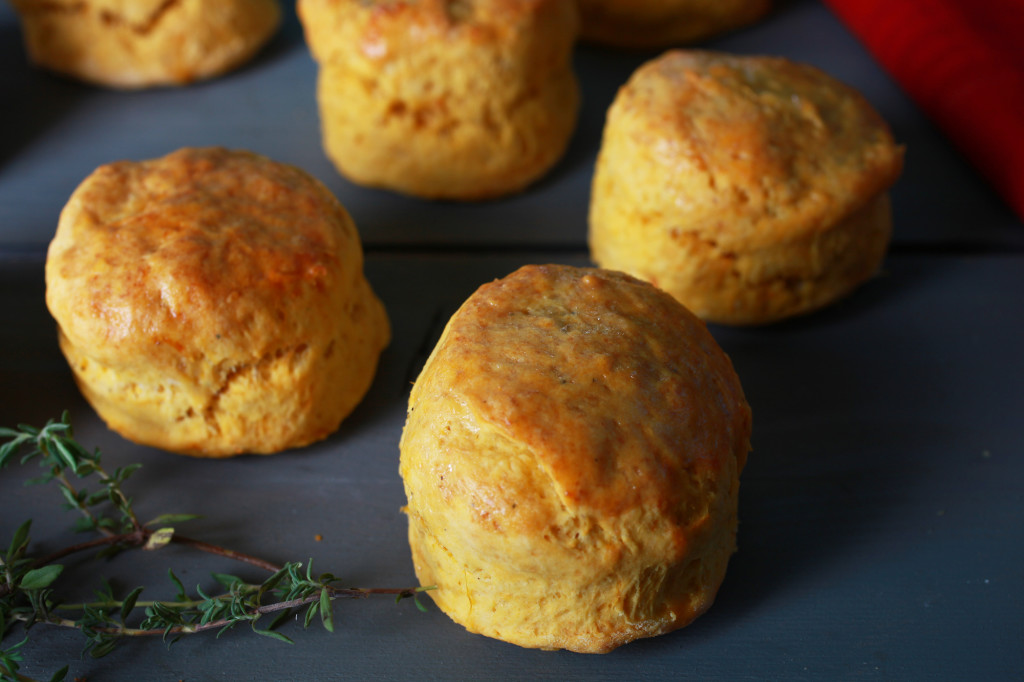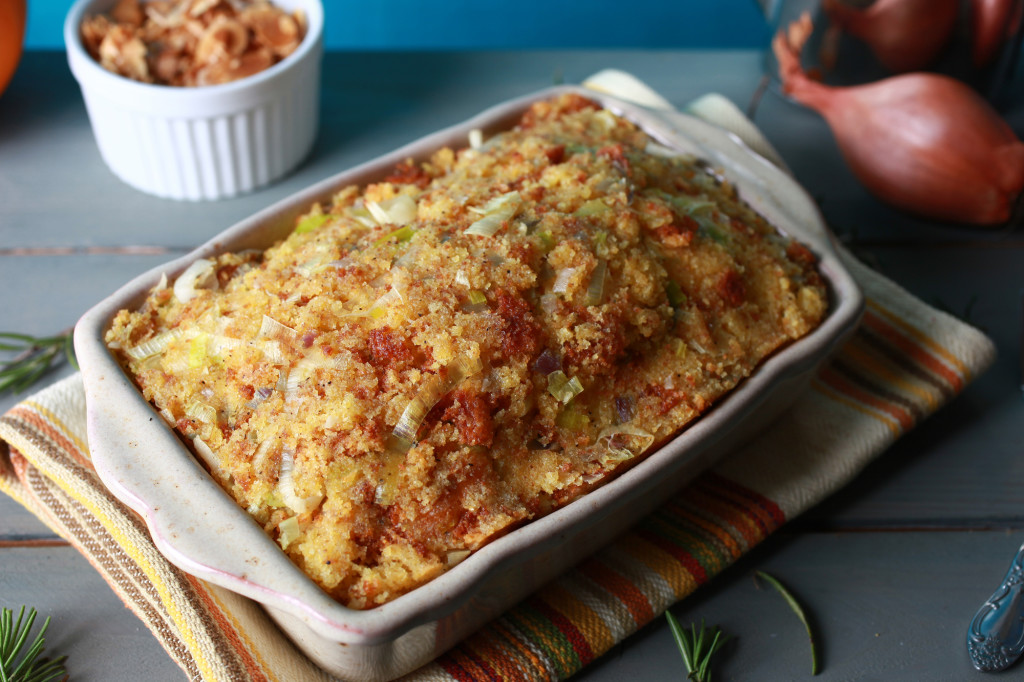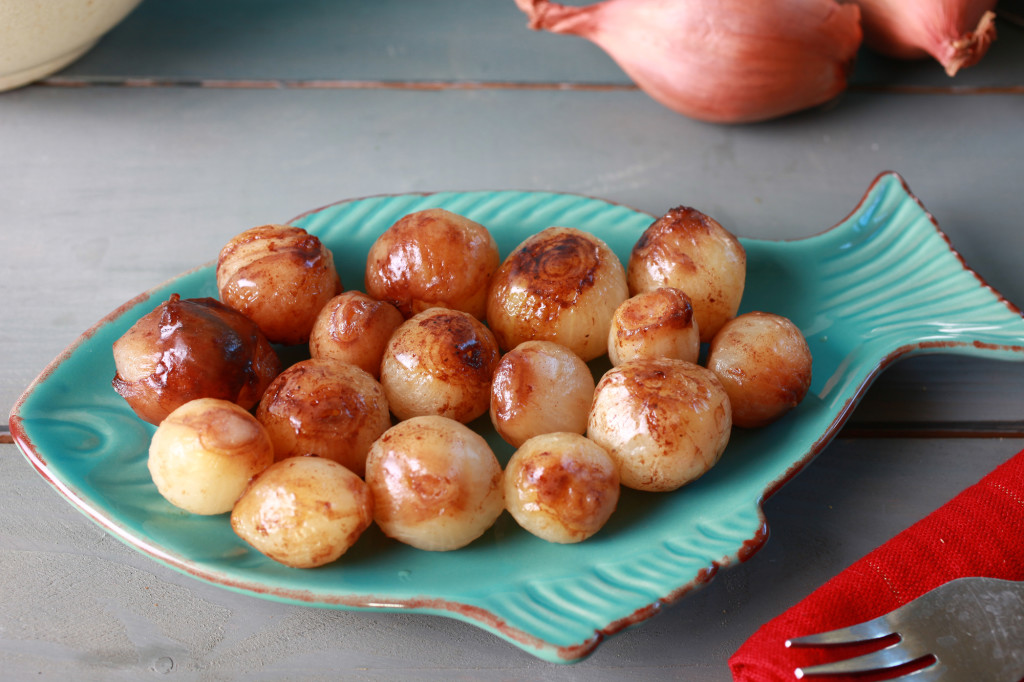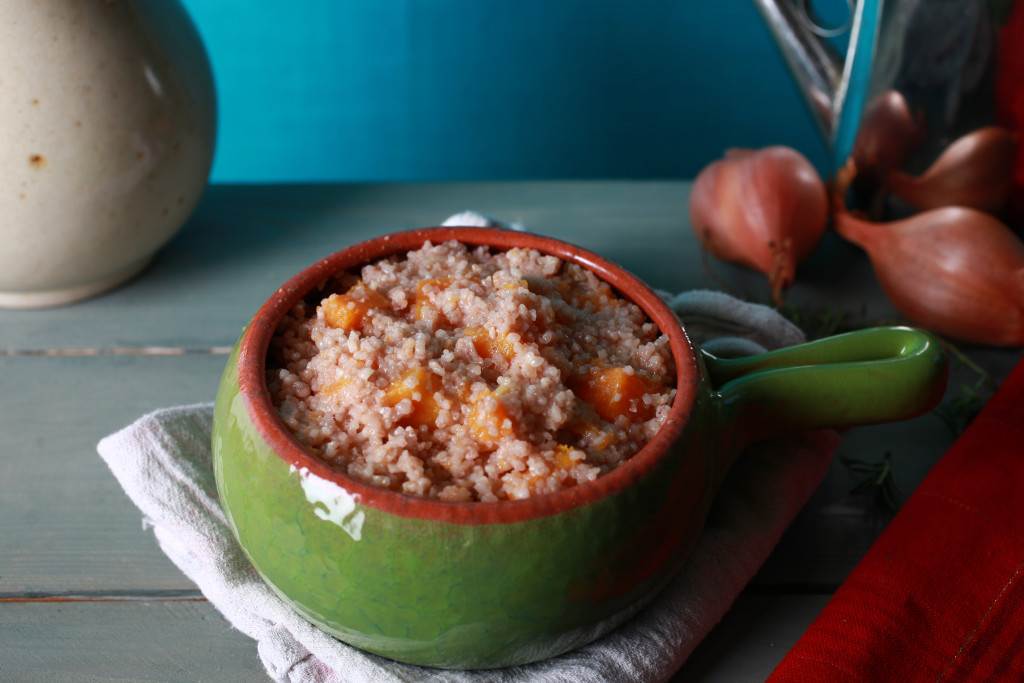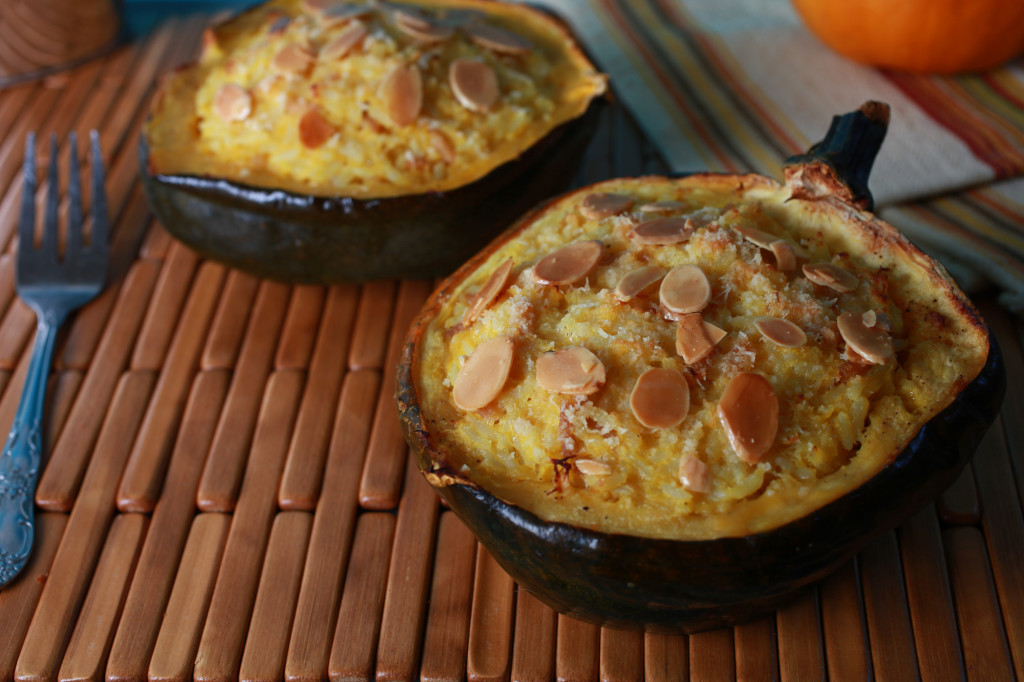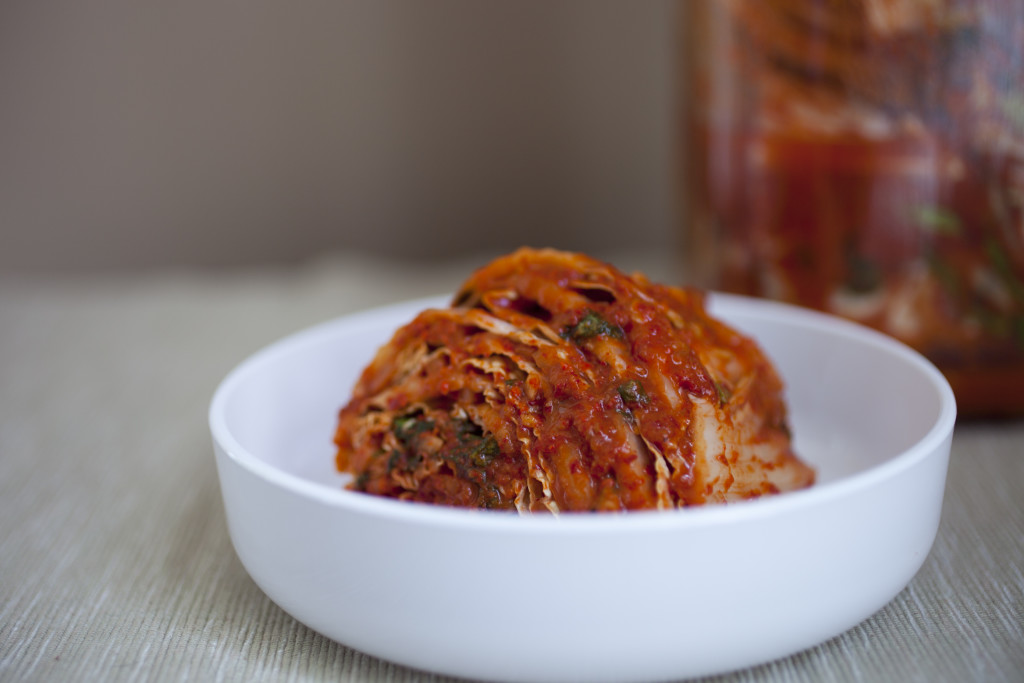I always get asked: How did you become a food photographer by aspiring Culinary Students. It’s refreshing to meet the babies of the culinary world who are not yet jaded, or haven’t experienced showing up to work a few hours early because it’s prep day for the holidays and you know you’ll need the extra three hours to break down all the lamb chops, make all your sauces, prep the vegetable mise en place, and all the hot soups- in addition to your normal prep list for the day. Culinary students are still dreaming of becoming the Next Food Network Star or a contestant on Chopped. They are as I was- eager to get into the Food Network Kitchens. Oh how fate has taken me elsewhere! – We’ll get back to that later on…
While earning my 600 hour Grand Diplome in Classic Culinary Arts from the then French Culinary Institute, I started trailing and assisting a few food stylists. I introduced myself to the right people who connected me to my first job. She was really good and had a solid list of bookings. I didn’t get paid for many jobs before I got my first paycheck. You have to earn that first check. I’ve met some stylists along the way that barely cooked while volunteers and assistants prepped and cooked. The food stylist finished the job by assembling the plates. I was told by my first mentor- I needed one year of restaurant cooking experience. I needed this year in order to rotate all the stations, pick up speed, and most importantly to become disciplined.
I spent my first year after graduating working at a restaurant group in Midtown. Do I have to mention which one? You could ask my coworkers. We’re still friends in Social Media. Once you cook together, you always cook together- unless it’s that shady dude who stole your mise en place because he was lazy. I’ve never heard of him since I left the restaurant and ended up working as an editorial assistant for Saveur Magazine. I learned how to work around an editorial calendar and edit my stories. I learned how to research, even for a small paragraph in the printed version. I learned how to work with digital deadlines vs print deadlines. There is a difference. It’s YUGE! I also started developing recipes for Food2 and learned how to photograph food one recipe at a time. I experimented, I bought props, I collected dozens and dozens of props. My house is filled with props. One version of everything. I learned how to make your own props- these steps are mostly skipped by regular food stylists since they only cook and style the food.
It wasn’t until I met my real mentor, Francesco Tonelli who works with high end restaurants and chefs- that I really learned my craft. Actually it was the beginning of learning the right way. Before Tonelli- I was studying different styling methods. Yes there is such a thing. Tonelli was different. He had extra layers of experience. He used to teach at the CIA. Before that, he worked at La Cucina Italiana, before that- he worked in restaurant kitchens for 20 years! And he was Italian and who doesn’t love an Italian chef with an accent who loves food? Tonelli was better than all the others before him, because he had the experience of working as an executive chef and you could just tell from the lingo. I almost wanted to call him chef- and we ran his small studio like one. He also cared about feeding his staff. I didn’t realize until recently how important it is to feed others. Even if your boss is a mean boss who snaps at you all the time- if they love to feed you because you work for them- that means they care about your wellness, so you can perform better. Only a chef would call meals, family meal. We didn’t just eat a sandwich or a plated protein, carb, veg combo. We had courses of food. The first time I worked with Francesco- we had pasta, salad, fruit for dessert, with wine during lunch. This seemed like an oddity until I went to Italy and consumed all my meals this way that I realized it was a way of eating everyday- that I hadn’t experienced before.
I never stopped working as a weekly contributor to Food Network’s sister site, Food2. This relationship went on for over a year. I began during my time as a culinary student. I learned how to cook vegetables. I learned how to eat vegetables and I learned how to research, find, and write about vegetables. After Food2 got shuttered, I received a call from one of the department executives who hired me at Cooking Channel. I worked on the migration and relaunch project. I did everything they asked me to do and a little bit more. I went to Korea for a week during the Sandy Storm, and while I was enjoying my days tasting my heart away- I set the alarm for conference calls at 1:00am S. Korea time, 11:00 or 12:00pm NY time. I went into my hotel room after the end of the tour day photographing thousands of Korean food photos, uploaded my files and switched over to work on my computer programming work for the Cooking Channel. Yeah- that’s like being on Chopped! LOL…
When I came back from Korea, I went to bed for about four hours and had coffee to go back to programming. No seriously- this is what it’s like when you really want something. During the programming- I was asked to curate food photos. We curated food photos along with all that happy content you see in the front page and back page, and bio page, and recipe page, and oops you’re on the wrong page, pages. We programmed photo galleries, promo pages, banners, recipes, etc, etc, anything with words and photos got programmed. Then came videos, they too get programmed into the website, and then when you think you’re almost done- your boss tells you there’s a problem with the images. They don’t fit into the box. So they need to be fixed. After running through some workarounds and samples- you figure out what’s wrong and how to fix the issue (okay someone else did this job). I ended up looking at thousands and thousands of food images for a few weeks. I’ll recognize any visual content on Cookingchanneltv.com from launch date-2012. I performed similar duties for the Food Network site and looked at those food images for over a year
By the time I left Food Network, I decided I wanted to pursue food photography full time, and lucky me! I ended up working as a volunteer for the James Beard Foundation, covering their tasting dinners. Eating this type of food on a regular basis. My palette is refined. It’s forever changed. I’m a bit damaged now- as I could never go back to eating mediocre food for the rest of my life. I can tell when the food is not properly executed. I can tell when the food is too cold. I can tell when the food is missing something, like salt or butter, or a drop of acid. I can tell when the food was cooked by an angry person. You can feel it in the uneven knife cuts. You can see the mood of the cooks when it’s undercooked or imagine the cook had a busy or bad day when it’s overcooked. When it’s not seasoned properly or not seasoned at all- you wonder what else are they forgetting? I’ve picked up a ton of cooking tips from all the chefs that I met at the James Beard House. I watched the way they sauteed their meats, or scallops, or how long the meat rested on the cutting board. I watched chefs use the one minute microwave tricks. I know who has OCD like me in the kitchen. I know who loves listening to upbeat songs while they cook like me. I took photos of their mise en place. I took ntes with my camera. It’s a very intimate experience and not everyone gets to see what chefs do in the kitchens. Btw- if you go online- you can watch all the archived JBF dinner videos with the sound on.
Next Post: A How to Guide for Detecting the Good, Bad, Great, and the Ugly Food Styling Work of a Stylist

